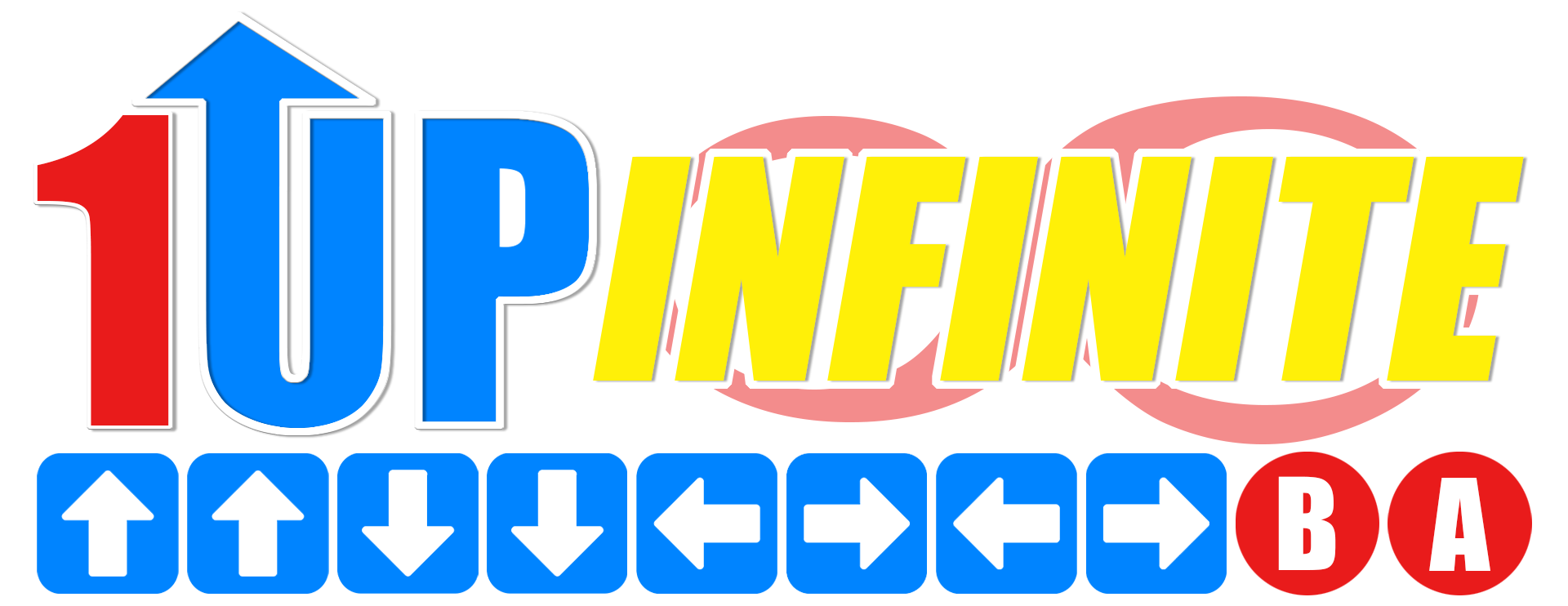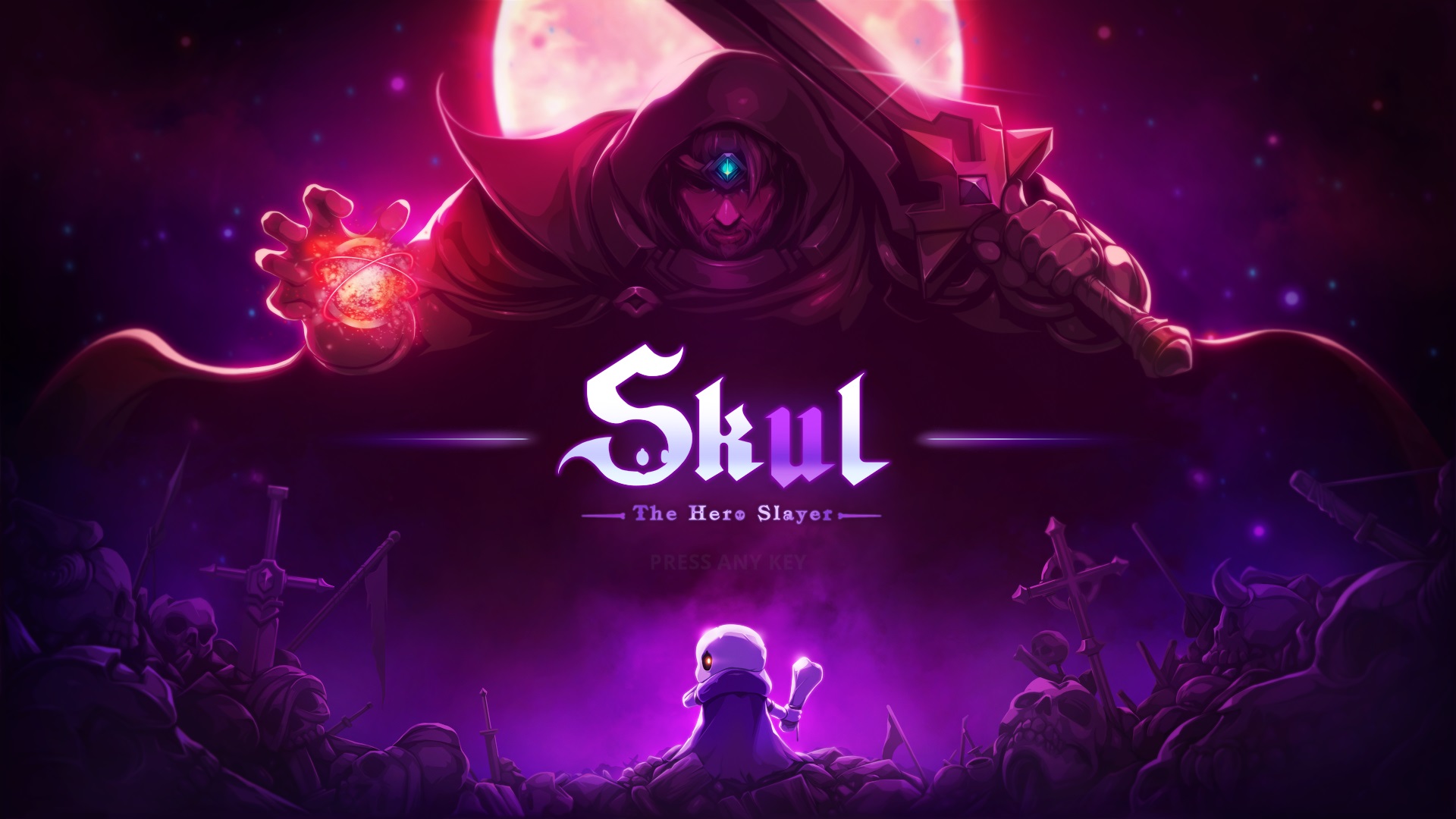Skul The Hero Slayer
A Common Tale Of Tiny Protagonist Meets Large World
At any given point within the Xbox Game Pass program, gems are sprinkled amongst its vast library. So many, in fact, that in order to try them all one must pick a game title out of a hat and hope for the best. It was coincidentally how I found out about Skul The Hero Slayer, as it was one of the latest additions to Game Pass. I've recently given a similar treatment with Death's Door, a game that I've taken a chance with and was left thoroughly impressed. Coincidentally, both Skul and Death's Door feature diminutive protagonists faced with a world and a task that's larger than life.
The plot for Skul The Hero Slayer is what one would come to expect from "2D action Soulslike" games. The protagonist is doomed to suffer a cursed fate and by cheating death, they are given another chance at life to defeat the enemy who left their lineage for dead. This time around, it's a cute small skeleton soldier named Skul who takes the charge. While adorable, thanks to the super-deformed pixilated graphics, Skul is a veteran warrior. He has a few tricks up his sleeve to conquer foes, but the road ahead is anything but an easy one.

Hack-n-Slash And Use The Souls Of Your Allies
Skul The Hero Slayer is a platformer hack-n-slash that takes cues from Soulslike games and other roguelikes. The "Souls" gameplay comes from enemies with distinct attack patterns and a limited health pool. At the end of each "level," there's a chance for players to restore health, as well as obtain items that will help them during their run. Each run forms a different seed, which some seeds being beneficial while others fight an uphill battle.
Playing this, I couldn't help but think about games like Maplestory, similarly due to its aesthetic. What both titles have in common, aside from having Korean developers, is the cute graphics and the gameplay feel. It's obviously not the same thing, but it's a familiar feeling that's easy for players to grasp. The difficulty is deceptive, as players who approach their first boss without so much of a plan will get crushed.

Use Your Head, All Of Them
A core gameplay element in Skul is the ability to use his fallen allies as their "heads," with Skul's own head being used as a detachable projectile. In his default form, the head acts as a teleport, getting him out of harm's way while using it as an emergency attack. This is good during instances where enemies swarm Skul.
At the same time, Skul has access to other...heads...that are spirits of fallen soldiers. Each "head" has a different attribute, changing the playstyle completely. One such example is a behemoth of a character that pulverizes everyone in his path. The downside is that he's a bit on the slow and sluggish side. During one such run, I felt myself using him when I needed to clear a path and resorting to Skul when I needed mobility.

Skul The Hero Slayer Is Frustrating But Satisfying
Even as I got my clock cleaned by the first boss, the little time I spent with Skul was a promising one. What really carries this game is its charm, from the NPCs who support Skul to the inhabitants that aren't trying to kill you. Even the ones who are, the enemies, have their own uniqueness. Most of the enemies in the first level are various forms of wildlife including trees, vegetables, and more. It wouldn't seem out of place in a Cuphead game.
Similar to another roguelike we looked at briefly, One Step From Eden, progression is what matters most in Skul. The concept of being humbled, or doing a little better each time, is something that must be embraced. It's easy to get lost in the visuals and the world of Skul The Hero Slayer as frustration builds from dying to the same enemy and boss.

Players who wish to persevere must know to take breaks and come back to the challenge when they are ready for it. At this time in writing it is still available on Game Pass so curious players would lose nothing to give it a try.
Skul The Hero Slayer is available on PC, PS4, and Switch

